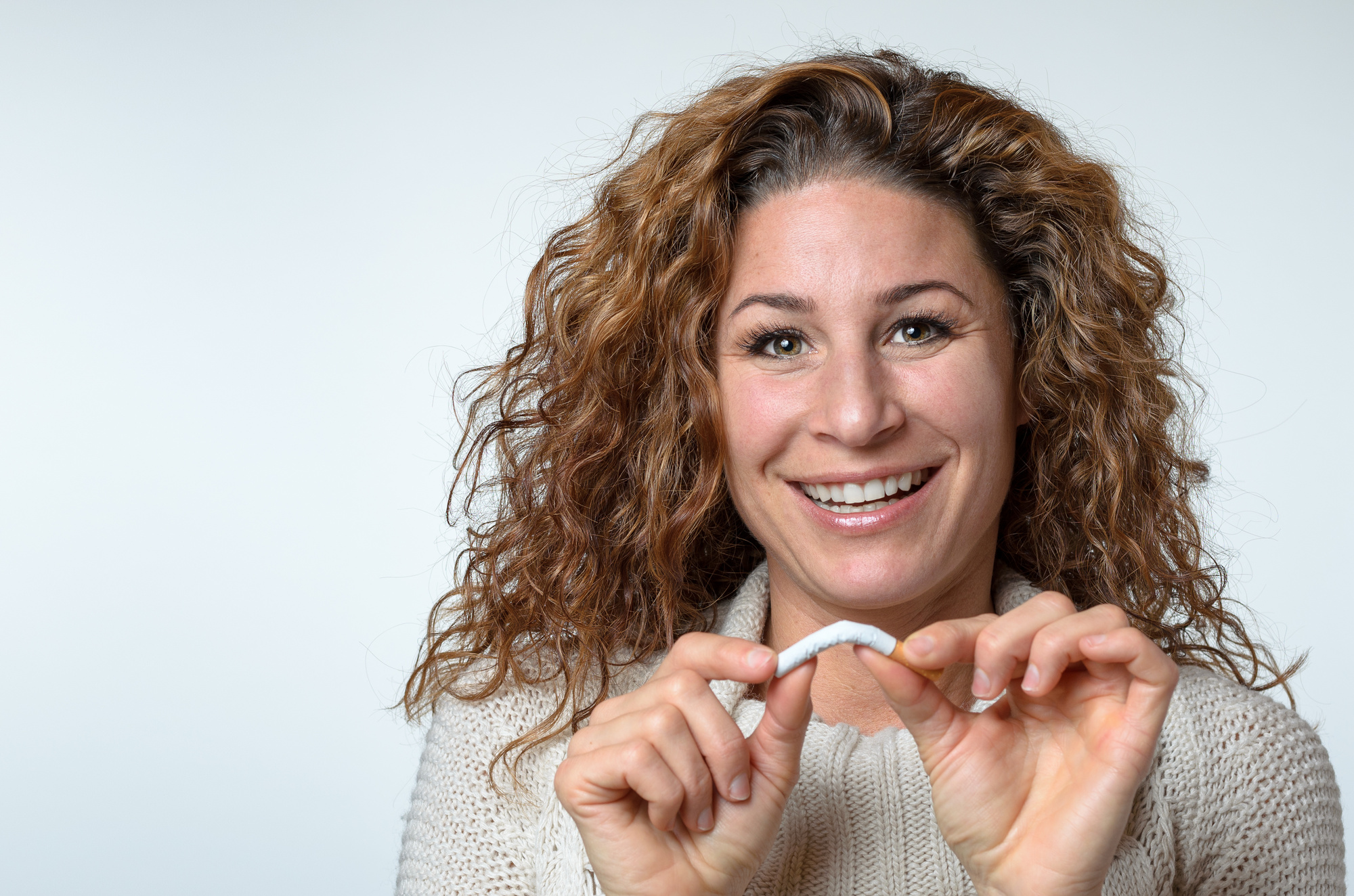Better Your Home and Work Life by Overcoming Addiction
“I’m fine.” “It’s not hurting anyone.” “I’ve got this under control.”
You know it’s not true. But how often do you tell these lies to yourself and others?
“I’ll never be able to stop. Why bother trying?”
Don’t give in! As an addict, you know how fickle your mind is about overcoming addiction.
It’s like having two minds. Your addict mind tells you there’s nothing wrong with your addiction and you can’t change anyway. But your right mind knows that it’s hurting or neglecting your loved ones, quenching your passions and taking time, energy and enjoyment away from everything else in your life.
Keep reading to learn some practical steps toward building your true character and giving up your addict identity.
Kill Denial
Denial is outright refusal to treat your addiction. Stop saying you’re fine unless it’s true.
Are you truly are happy the way things are and don’t want your life to get any better? Are you are content to give up the things your addiction conflicts with, like your job and your family?
If not, then stop saying that you are. This is always the first step to overcoming addiction.
If you’re unsure, research the warning signs of addiction.
Identify the Real Cause
Your addiction is actually there to protect you. At least, that’s how it started.
At some point in time, something came into your life that your mind perceived as a threat. It may have been external, like abuse or a dysfunctional home life. Or it may have been undealt-with internal problems like depression or negative self-worth.
Then you used an addictive substance or behavior that relieved the inner pain you were feeling. Your mind is very concerned about your survival. It noticed the substance or behavior helped and set up systems in your brain to ensure your keep returning to it.
By using, you are avoiding dealing with whatever true problem the addiction is “protecting” you from. Try to find out what this true problem is and confront it. Then, you won’t have to “rely” on addiction anymore.
This may require outside help but it’s worth it.
Investigate Your Routine
Did you know your addiction is very predictable? Keep an addiction journal and see for yourself!
You’ll start to notice what situations make you more likely to use so you can plan preventative measures. These “triggers” will most likely have to do with the true problem you’re avoiding.
But some general triggers that affect most addicts are HALT:
- Hungry
- Angry
- Lonely
- Tired
When you are any of those things, your body is under more stress and you are more likely to use. Certain people or locations can be triggers, too (the bar, your computer desk, addicted friends).
Build Blockades Around Your Triggers
Some of these triggers can be avoided, like the bar. Others might be necessary to be around, like your computer.
For avoidable triggers, give them up with extreme prejudice. Unfortunately, this may mean the end of some friendships. You’ll need to pick which is worse: giving up a friend or giving up everything addiction wants to take away from you.
For unavoidable triggers, enforce a plan. Don’t use your computer unless you’re not alone. Ask your friends to please not smoke around you. Let your friends know you’re recovering so they don’t offer you a drink.
Start a Healthy New Habit
If you quit cold turkey, you’re gonna have a lot of extra, empty time in your life. Addiction is not going to hesitate to try to fill it back up. In addition to spending time on work and family, come up with an addictive but healthy new habit to keep busy with.
Brain-strengthening games like Sudoku or Brain Age are good. But exercise is the best.
Exercise relieves stress that causes you to use. And it releases endorphins which cause a kind of natural high. This can help correct chemical imbalances in your brain caused by addiction.
Get Help Overcoming Addiction
Tell your loved ones. Find drug and alcohol treatment centers near you. Don’t do this alone.
Don’t Wait And Don’t Give Up
Don’t give into the voice that says you can’t change. The change probably won’t happen right away. But that’s why it’s so important to keep trying.
Use these steps, look for more, get help now.



